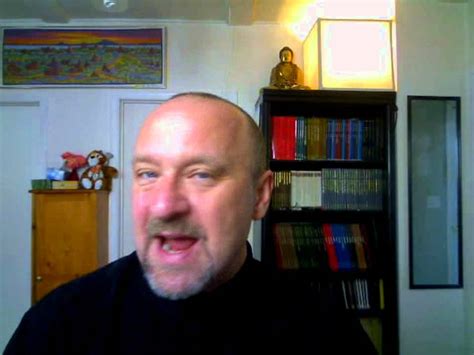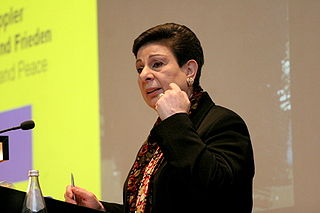A Quote by Sergei Lavrov
Humanitarian issues must bring together all people who act in good faith trying to alleviate the suffering of people in dire need - especially women, children and the elderly.
Related Quotes
It seems to me that the dedication of a library is an act of faith. To bring together the resources of the past and to house them in buildings where they will be preserved for the use of men and women in the future, a nation must believe in three things. It must believe in the past. it must believe in the future. It must, above all, believe in the capacity of its own people so to learn from the past that they can gain in judgment in creating their own future.
The humanitarian wishes to be a prime mover in the lives of others. He cannot admit either the divine or the natural order, by which men have the power to help themselves. The humanitarian puts himself in the place of God.
But he is confronted by two awkward facts; first, that the competent do not need his assistance; and second, that the majority of people positively do not want to be "done good" by the humanitarian. Of course, what the humanitarian actually proposes is that he shall do what he thinks is good for everybody. It is at this point that the humanitarian sets up the guillotine.
A nominal Christian often discovers in suffering that his faith has been in his church, denomination, or family tradition, but not Christ. As he faces evil and suffering, he may lose his faith. But that’s actually a good thing. I have sympathy for people who lose their faith, but any faith lost in suffering wasn’t a faith worth keeping.
... and we are not alone in this slavery. there are millions of others throughout the world, of all colors and races and creeds. this we must remember. there are many of our people who hate the poor of the white race, and they hate us. the people in this town living by the river who work in the mills. people who are almost as much in need as we are ourselves. this hatred is a great evil, and no good can ever come from it... the injustice of need must bring us all together and not separate us. we must remember that we all make the things of this earth of value because of labor.
The organizers first job is to create the issues or problems, and organizations must be based on many issues. The organizer must first rub raw the resentments of the people of the community; fan the latent hostilities of many of the people to the point of overt expression. He must search out controversy and issues, rather than avoid them, for unless there is controversy people are not concerned enough to act. . . . An organizer must stir up dissatisfaction and discontent.
There are people starving in the siege, there are children traumatized and terrified. There are men women and children dying. This is a situation that has reached the proportions of a tremendous humanitarian crisis. It is a tragedy and every minute that passes we lose lives and more people are brutalized and traumatized.
Each of us must come to care about everyone else's children. We must recognize that the welfare of our children and grandchildren is intimately linked to the welfare of all other people's children. After all, when one of our children needs lifesaving surgery, someone else's child will perform it. If one of our children is threatened or harmed by violence, someone else's child will be responsible for the violent act. The good life for our own children can be secured only if a good life is also secured for all other people's children.
What we try to do as Elders is help those who are trying to change their own societies and communities for the better. We hope that by supporting the good work that is being done, especially at the grass roots, we can help to alleviate the suffering of human beings. That is our core mission - to draw attention to the impact that conflict, injustice and poverty have on ordinary people.







































